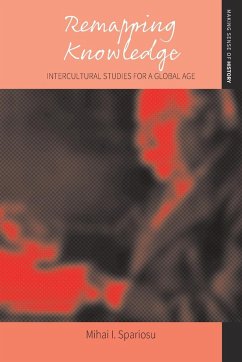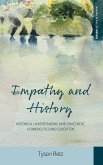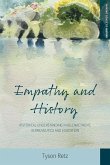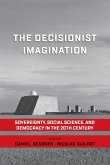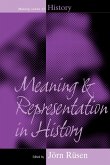The growing interdependence of the local and the global demand innovative approaches to human development. Such approaches, the author argues, ought to be based on the emerging ethics of global intelligence, defined as the ability to understand, respond to, and work toward what will benefit all human beings and will support and enrich all life on this planet. As no national or supranational authority can predefine or predetermine it, global intelligence involves long-term, collective learning processes and can emerge only from continuing intercultural research, dialogue, and cooperation. In this book, the author elaborates the basic principles of a new field of intercultural studies, oriented toward global intelligence. He proposes concrete research and educational programs that would help create intercultural learning environments designed to stimulate sustainable human development throughout the world.
Hinweis: Dieser Artikel kann nur an eine deutsche Lieferadresse ausgeliefert werden.
Hinweis: Dieser Artikel kann nur an eine deutsche Lieferadresse ausgeliefert werden.

